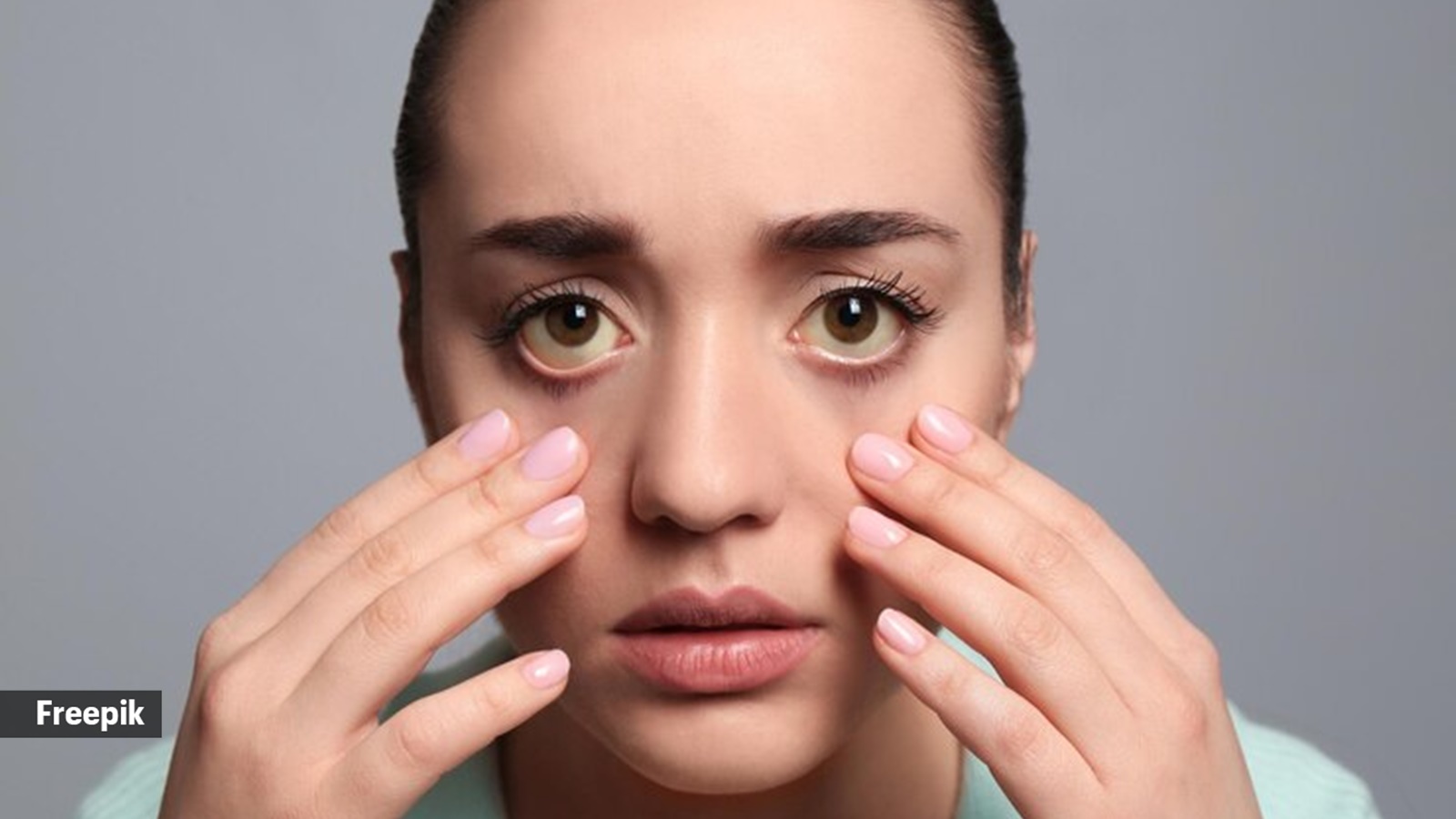Dark circles under the eyes are often dismissed as mere signs of fatigue or aging, but they can be indicators of underlying health issues or lifestyle choices that deserve attention.
While a lack of sleep is a common culprit, those persistent shadows beneath your eyes might be telling a more complex story about your overall well-being.
Dr Gunasekar Vuppalapati, senior reconstructive, aesthetic plastic surgeon at GVG Invivo Hospitals, says, “Dark circles under the eyes are a common concern, and can be attributed to various health and lifestyle factors. Understanding these root causes is crucial for developing effective strategies to reduce their appearance.”
Common health problems that contribute to the formation of dark circles under the eyes
Dr Vuppalapati says that there are various health conditions that can contribute to under eye dark circles:
Allergies: Allergic reactions trigger the release of histamine, which can cause blood vessels to dilate and become more visible under the thin skin around the eyes. This dilation, coupled with inflammation and potential rubbing of the eyes, can result in dark circles.
Eczema and Dermatitis: These inflammatory skin conditions can cause itching and irritation, leading to rubbing and scratching of the eyes, which can worsen existing dark circles or trigger new ones.
Anaemia: Iron-deficiency anaemia reduces the number of red blood cells responsible for carrying oxygen, leading to pale skin and making the blood vessels under the eyes more noticeable. This can manifest as dark circles.
 Smoking can dehydrate the body and dilate blood vessels, making them more visible under the skin.
Smoking can dehydrate the body and dilate blood vessels, making them more visible under the skin.
Impact of unhealthy lifestyle choices
“Your lifestyle habits can significantly influence the appearance of dark circles,” cautions Dr Vuppalapati. These include:
*Poor Diet: Deficiencies in essential nutrients like vitamins K and B12 can weaken blood vessels and impair circulation, contributing to discolouration and darkness under the eyes.
*Dehydration: Inadequate water intake can lead to dull, sunken skin, making dark circles more pronounced. Well-hydrated skin appears plumper and less transparent, potentially diminishing the appearance of blood vessels.
*Smoking and Alcohol Consumption: These habits can dehydrate the body and dilate blood vessels, making them more visible under the skin. Chronic use can also damage collagen and elastin, leading to thinner skin and more noticeable dark circles.
*Excessive Screen Time: Prolonged exposure to electronic screens can strain the eyes and cause fatigue, contributing to temporary dark circles due to dilated blood vessels and increased blood flow to the area.
*Chronic Stress and Lack of Sleep: Stress triggers the release of cortisol, a hormone that can lead to fluid retention and puffiness around the eyes. Insufficient sleep can impair circulation and decrease blood oxygen levels, causing the skin to appear paler. This can make the underlying blood vessels more visible, contributing to dark circles.
Specific medical conditions or deficiencies that are often overlooked
“Conditions like hypothyroidism can cause fluid retention and changes in skin texture, leading to puffiness and discoloration under the eyes,” explains Dr Vuppalapati.
Deficiencies in vitamins K, B12, and E can impair blood clotting, red blood cell production, and antioxidant protection, all of which can contribute to the development of dark circles.
He adds, “Periorbital hyperpigmentation is a condition involving increased melanin production around the eyes, often due to genetic factors or sun exposure. While not directly related to health problems, it can be exacerbated by other contributing factors.”



